A somatization comorbidity phenotype impacts response to therapy
Por um escritor misterioso
Last updated 21 setembro 2024
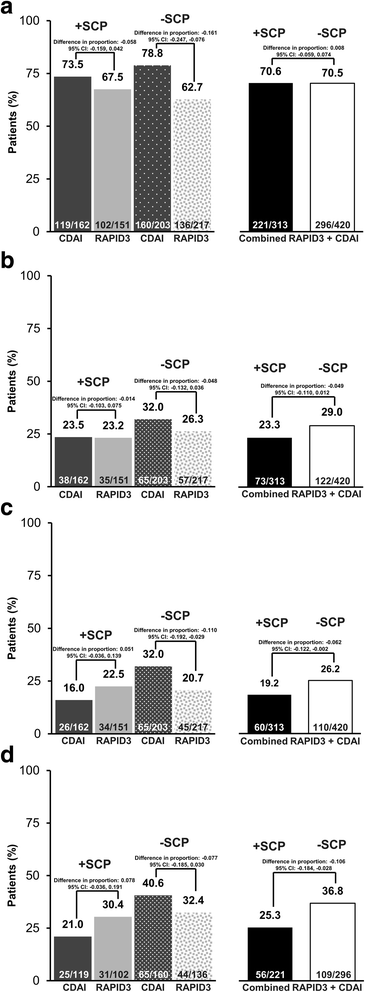
Background Comorbidities may contribute to disease activity and treatment response in rheumatoid arthritis (RA) patients. We defined a somatization comorbidity phenotype (SCP) and examined its influence on response to certolizumab pegol (CZP) using data from the PREDICT trial. Methods Patients in PREDICT were randomized to the patient-reported Routine Assessment of Patient Index Data 3 (RAPID3) or physician-based Clinical Disease Activity Index (CDAI) for treatment response assessment. Post-hoc analyses identified patients with the SCP, which included diagnosis of depression, fibromyalgia/myalgias, and/or use of medications indicated for treatment of depression, anxiety, or neuropathic pain. The effect of the SCP on RAPID3 or CDAI response at week 12 and low disease activity (LDA; Disease Activity Score in 28 joints based on erythrocyte sedimentation rate ≤ 3.2) at week 52, in week-12 responders, was analyzed using non-parametric analysis of covariance (ANCOVA). Results At baseline, 43% (313/733) of patients met the SCP classification. Patients with the SCP were 9% more likely to withdraw from the trial. American College of Rheumatology 20% (ACR20), ACR50, and ACR70 responses were 5–14% lower among those with the SCP, and 11% more patients reported adverse events (AEs). Patients without SCP in the CDAI arm were twice as likely to achieve LDA at week 52 compared with those with SCP (32% versus 16%). No differentiation by SCP was observed in the RAPID3 arm (pooled result 21.5%). Conclusions We operationalized a potentially important somatization comorbidity phenotype in a trial setting that was associated with a substantially lower likelihood of treatment response and a higher frequency of AEs. Including large numbers of patients with this phenotype in RA trials may reduce the measured clinical effectiveness of a new molecule. Trial registration ClinicalTrials.gov, NCT01255761 . Registered on 6 December 2010.
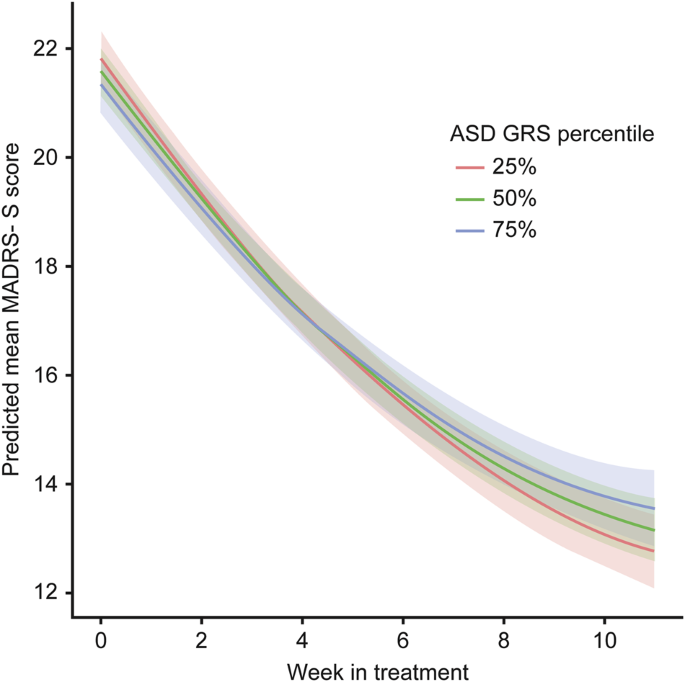
Genetics of response to cognitive behavior therapy in adults with major depression: a preliminary report

Identifying multimodal signatures underlying the somatic comorbidity of psychosis: the COMMITMENT roadmap

Preliminary proposal for a revision to the Diagnostic and Statistical
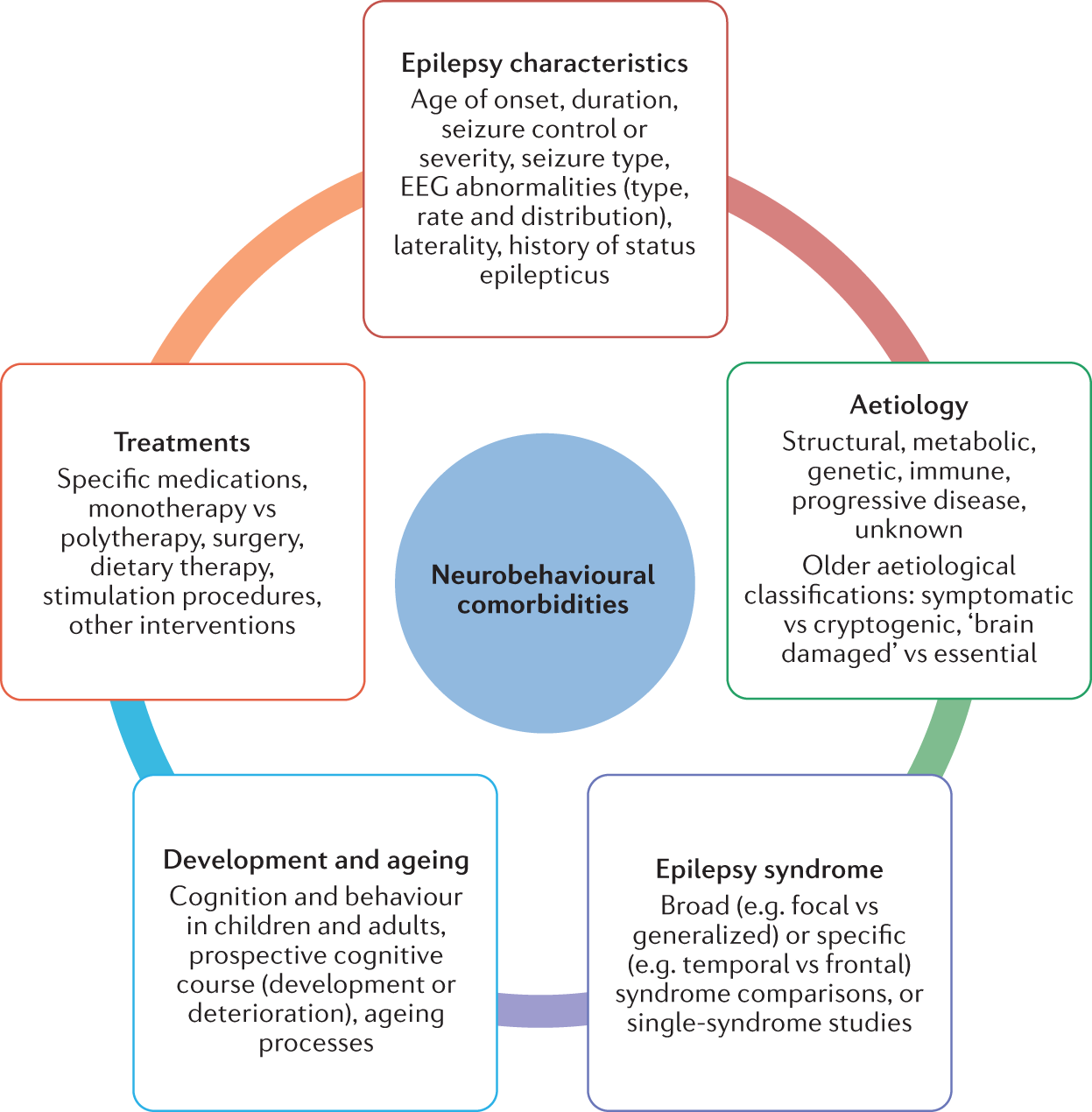
Neurobehavioural comorbidities of epilepsy: towards a network-based precision taxonomy

Neurodevelopmental Disorders: From Genetics to Functional Pathways: Trends in Neurosciences

Current Clinical Applications of In Vivo Gene Therapy with AAVs: Molecular Therapy

Somatic comorbidities in FGID patients (total FGID patients (effective
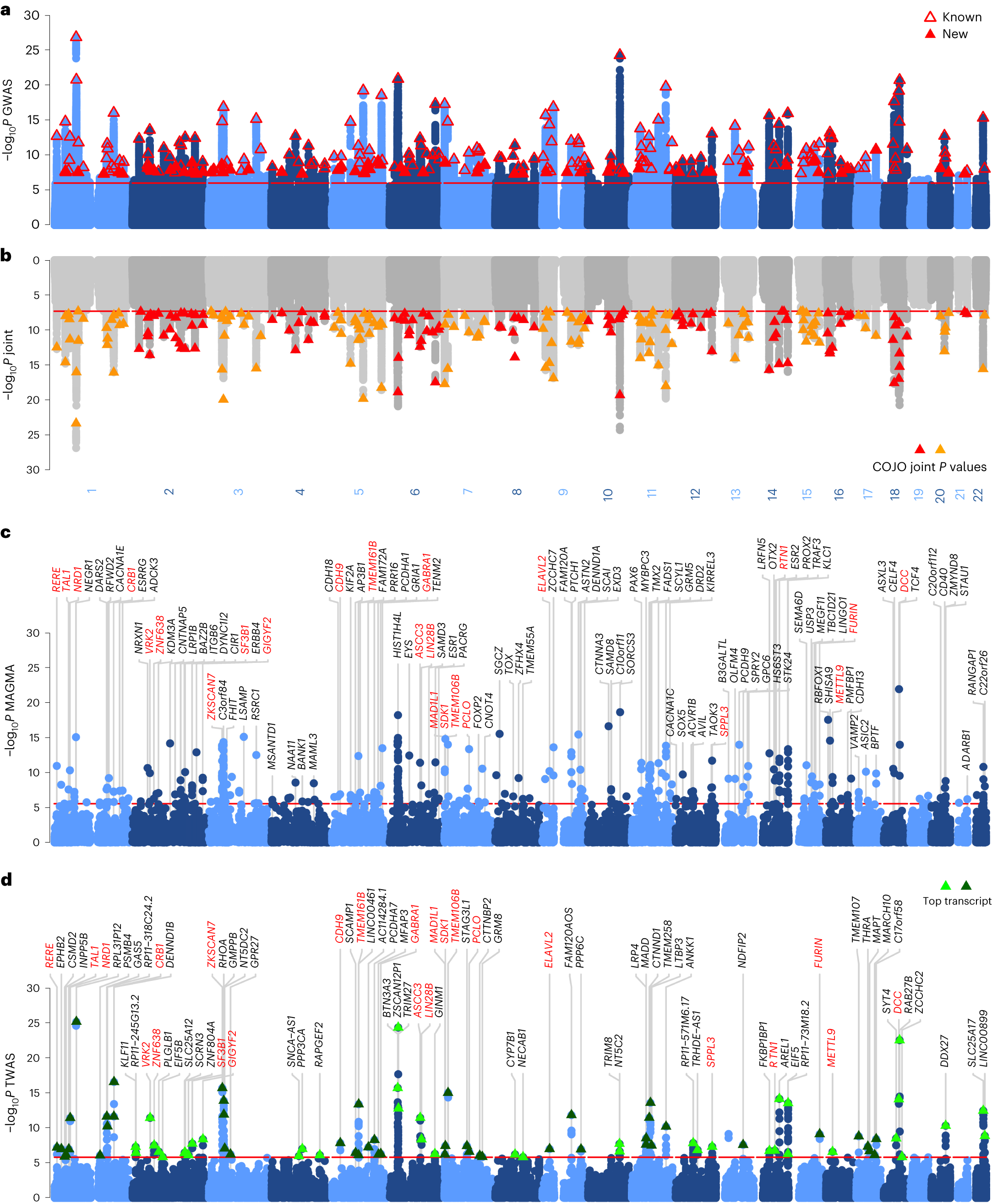
Depression pathophysiology, risk prediction of recurrence and comorbid psychiatric disorders using genome-wide analyses
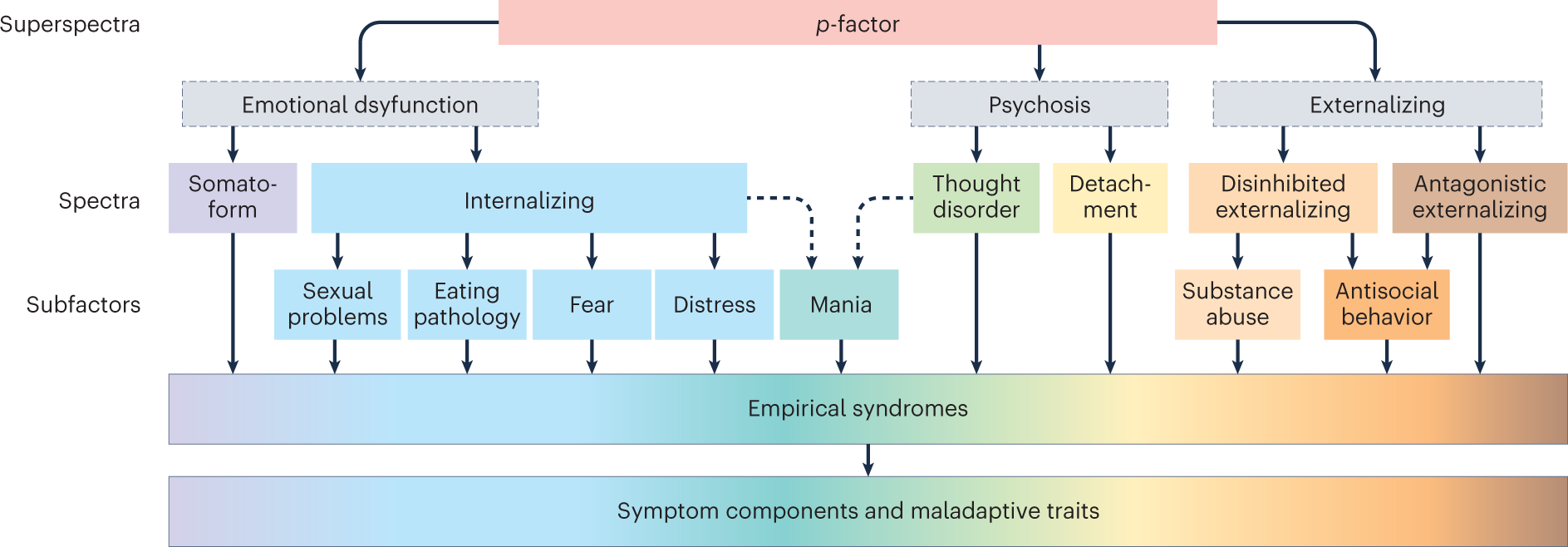
Precision behavioral phenotyping as a strategy for uncovering the biological correlates of psychopathology
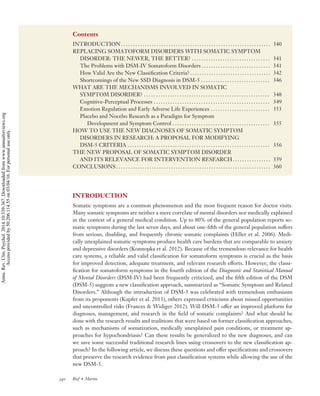
Somatic symptom disorder

Patient baseline characteristics by SCP status a
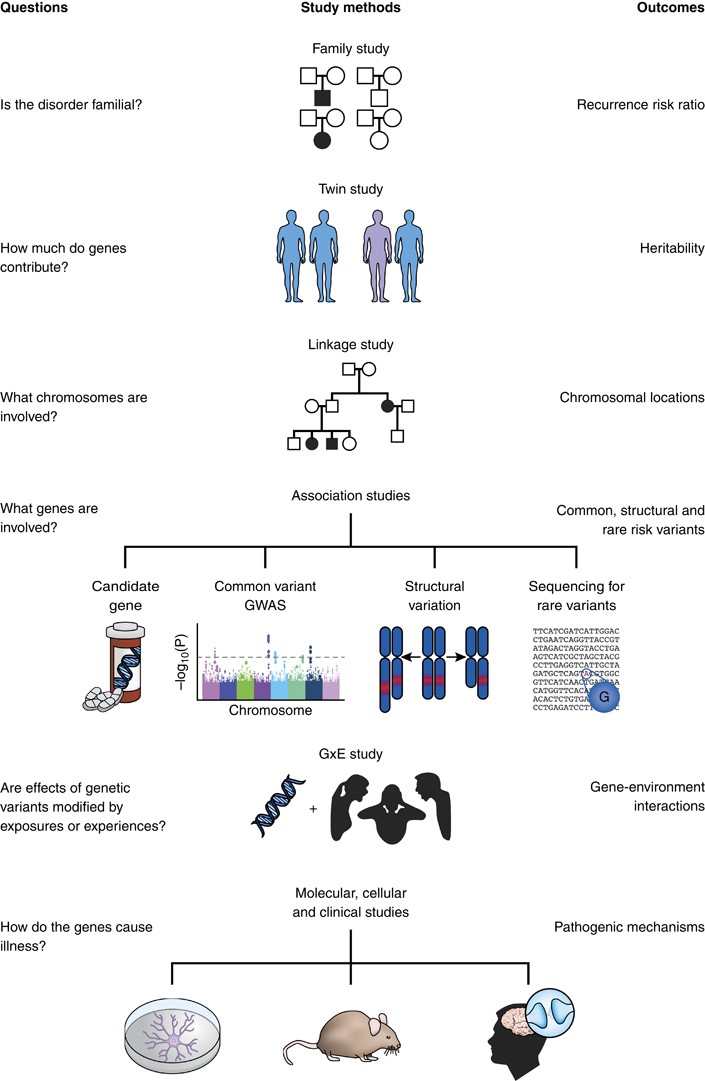
The Genetics of Stress-Related Disorders: PTSD, Depression, and Anxiety Disorders

Radial barcharts visualizing the 4 phenotypes. (a) Phenotype 1 (PT1)
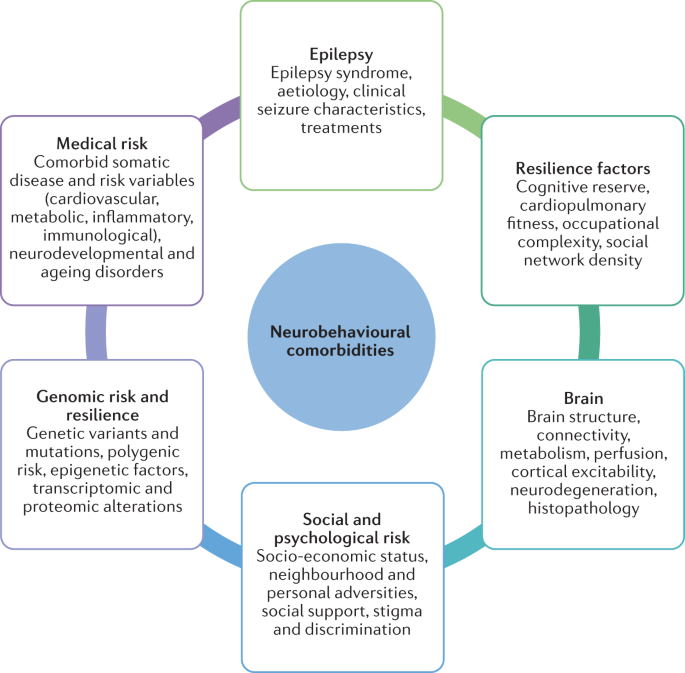
Neurobehavioural comorbidities of epilepsy: towards a network-based precision taxonomy
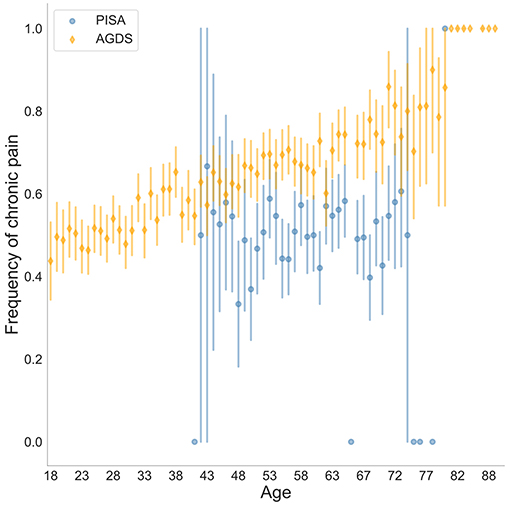
Frontiers Comorbid Chronic Pain and Depression: Shared Risk Factors and Differential Antidepressant Effectiveness
Recomendado para você
-
![HB Godzilla Transformation 1/2 by Luiskoa -- Fur Affinity [dot] net](https://d.furaffinity.net/art/luiskoa/1523728309/1523728309.luiskoa_hni_0076.jpg) HB Godzilla Transformation 1/2 by Luiskoa -- Fur Affinity [dot] net21 setembro 2024
HB Godzilla Transformation 1/2 by Luiskoa -- Fur Affinity [dot] net21 setembro 2024 -
 ArtStation - Nox21 setembro 2024
ArtStation - Nox21 setembro 2024 -
 Elliott Durham with Jennifer Jones21 setembro 2024
Elliott Durham with Jennifer Jones21 setembro 2024 -
 Square D SCP-522 Class 8020 Sy/max Module Cpu Processor B22028021 setembro 2024
Square D SCP-522 Class 8020 Sy/max Module Cpu Processor B22028021 setembro 2024 -
 эпичиские мини игры - KoGaMa - Play, Create And Share Multiplayer21 setembro 2024
эпичиские мини игры - KoGaMa - Play, Create And Share Multiplayer21 setembro 2024 -
 Atlas Obscura - Curious and Wondrous Travel Destinations21 setembro 2024
Atlas Obscura - Curious and Wondrous Travel Destinations21 setembro 2024 -
 Key Benefits – Transcend Cosmetics21 setembro 2024
Key Benefits – Transcend Cosmetics21 setembro 2024 -
 Parkinsonisms - 2023 - Movement Disorders - Wiley Online Library21 setembro 2024
Parkinsonisms - 2023 - Movement Disorders - Wiley Online Library21 setembro 2024 -
 Adoptables parade OPEN (1/3) by Tatakae13 on DeviantArt21 setembro 2024
Adoptables parade OPEN (1/3) by Tatakae13 on DeviantArt21 setembro 2024 -
 Jual CINCIN WANITA ANTI KARAT WARNA EMAS BUNGA PERMATA AMERICAN21 setembro 2024
Jual CINCIN WANITA ANTI KARAT WARNA EMAS BUNGA PERMATA AMERICAN21 setembro 2024
você pode gostar
-
 Four Colors Like UNO Online 🃏Play on CrazyGames21 setembro 2024
Four Colors Like UNO Online 🃏Play on CrazyGames21 setembro 2024 -
 Como usar as 5 estratégias da Subway para vender mais - Hotmenu21 setembro 2024
Como usar as 5 estratégias da Subway para vender mais - Hotmenu21 setembro 2024 -
 Desenhando Boca Realista sorrindo -Speed drawing21 setembro 2024
Desenhando Boca Realista sorrindo -Speed drawing21 setembro 2024 -
Seiyuu Corner - Additional cast of the Original TV anime HIGH21 setembro 2024
-
 Santos não atinge nenhuma meta no ano e deixa de faturar R$ 43 milhões21 setembro 2024
Santos não atinge nenhuma meta no ano e deixa de faturar R$ 43 milhões21 setembro 2024 -
 Scarlet Witch #4 C Jeehyung Lee GGA Variant (04/05/2023) Marvel21 setembro 2024
Scarlet Witch #4 C Jeehyung Lee GGA Variant (04/05/2023) Marvel21 setembro 2024 -
 Yoga - Elase21 setembro 2024
Yoga - Elase21 setembro 2024 -
 Anya Forger Memes Posters for Sale21 setembro 2024
Anya Forger Memes Posters for Sale21 setembro 2024 -
 Cadeira de Barbeiro e Cabeleireiro Reclinável com Hidráulico Base21 setembro 2024
Cadeira de Barbeiro e Cabeleireiro Reclinável com Hidráulico Base21 setembro 2024 -
 Vampire the Masquerade: Chapters - Montreal, Board Games21 setembro 2024
Vampire the Masquerade: Chapters - Montreal, Board Games21 setembro 2024
